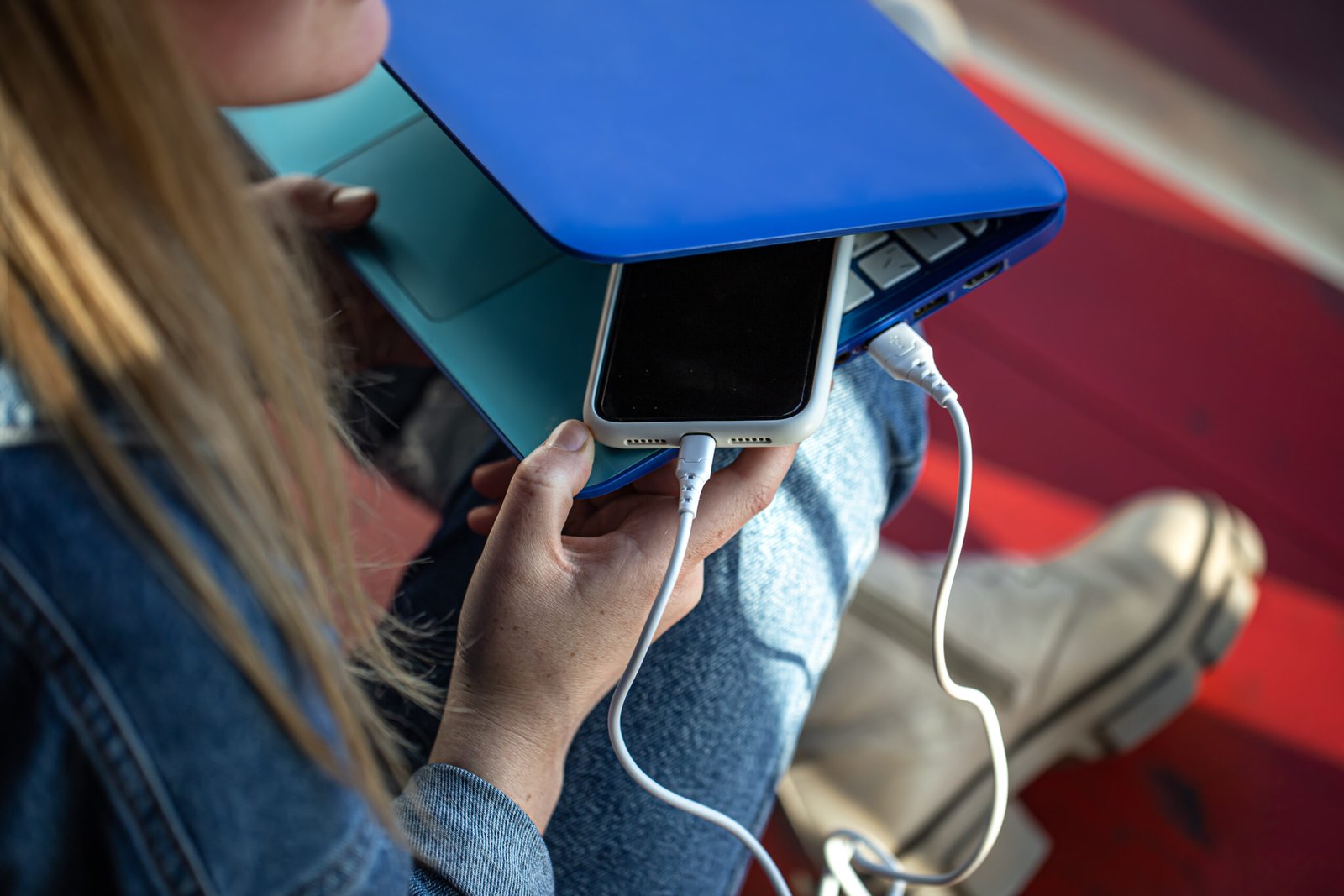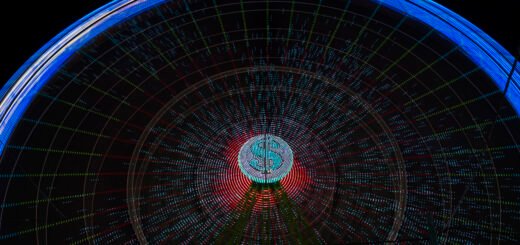Bridging the Gap: Understanding and Applying HP to Watts

Knowing the link between horsepower “HP to Watts” helps greatly when handling electrical devices and systems. Knowing this conversion helps you to maximize energy use, make wise purchases, and even help with environmental initiatives. This book will walk you through the nuances of “HP to watts” conversion, dissecting it into straightforward, useful ideas.
What is Horsepower, and How Does it Compare to Watts?
Though they come from separate systems, horsepower (HP) and watts (W) are both units of power. While are the SI unit of power used internationally in electrical systems, HP is frequently employed in mechanical systems including motors and engines.
- Horsepower (HP):James Watt first proposed it, measuring steam engine power production by means of a comparison with draft horse work. One mechanical today has equivalent power of 746 watts.
- Watts (W): One watt is a measurement of electrical power; one joule of energy consumed each second.
While HP is often associated with mechanical performance, converting it to makes the data usable for electrical calculations.
Why is HP to Watts Conversion Important?
Knowing is essential for electricians, energy-efficient enthusiasts, even regular homeowners. But why precisely?
- Energy Efficiency: It helps you measure power consumption and identify more efficient alternatives.
- Appliance Compatibility: Ensuring electrical devices and systems are powered safely and effectively.
- Cost Control: Gives clarity on energy expenses by allowing direct calculation of power usage.
- Sustainability: promotes sensible energy-saving techniques meant to help to lower carbon footprints.
The flexibility to move between and enables users to make wiser technical and budgetary decisions.
How Can You Convert HP to Watts?
The Formula:
The universally accepted formula for converting horsepower to watts is straightforward:
1 Horsepower (HP) = 746 Watts (W)
This formula is applicable for mechanical horsepower. For metric horsepower, also known as PS (Pferdestärke), the value is slightly different:
1 Metric HP = 735.5 Watts
Example Conversion:
Imagine you’re dealing with a 0.5 HP motor in a home appliance:
0.5 HP × 746 = 373 Watts
This tells you that the motor consumes 373 watts of power. Simple, right?
Quick Reference Conversion Chart:
| Horsepower (HP) | Watts (W) |
|---|---|
| 0.5 HP | 373 W |
| 1 HP | 746 W |
| 2 HP | 1,492 W |
| 5 HP | 3,730 W |
| 10 HP | 7,460 W |
This chart comes in handy when converting at a glance.
What are the Practical Applications of HP to Watts in Real Life?
Home Appliances
- For instance, a refrigerator run by a 0.5 HP motor runs 373 watts. Understanding this will enable house owners to compare energy-efficient models and estimate their electricity expenses.
- Case Study: By replacing an older refrigerator rated at 0.7 HP with an efficient 0.5 HP model, a household reduces its power consumption by roughly 149 watts.
Industrial Machinery
- Example: Consider a manufacturing plant upgrading motors from 100 HP to 75 HP. The difference in power usage is:
100 HP × 746 = 74,600 W
75 HP × 746 = 55,950 W
Resulting in a saving of 18,650 W.
- Case Study: This upgrade reduces both operational costs and greenhouse gas emissions, making production more sustainable.
Automotive Applications
- Example: Electric vehicle motors often list power in kilowatts (kW). To compare performance, convert the kW rating to HP:
50 kW × 1,000 ÷ 746 = ~67 HP
- Expert Insight: “To conversion is invaluable in automotive contexts, offering a clearer understanding of electric motor performance metrics,” explains Alex Johnson, Master Electrician.
Energy-Saving Tips for HP and Watt Usage
Optimizing energy usage involves more than just knowing power ratings. Here are tips to reduce consumption:
- Select Energy-Efficient Devices: Select appliances classified as energy-efficient—that is, Energy Star-certified.
- Perform Regular Maintenance:Make sure appliances and motors are spotless and running as they should.
- Match Power Needs: Avoid overpowered devices for tasks that require lower energy inputs.
- Use Automation Tools: Install timers and sensors that automatically reduce power usage during idle periods.
- Switch to Renewable Options: Solar power and other renewables provide sustainable alternatives for powering devices.
What Tools and Resources Can Help with Accurate HP to Watts Conversion?
Several tools can simplify the to conversion process:
- Online Calculators: Websites like RapidTables and CalculatorSoup allow for instant conversions.
- Apps: Mobile apps like “Electrician Calculator” streamline the process, especially on the go.
- Manufacturer Spec Sheets: Use these to confirm precise power ratings for equipment.
- Smart Energy Meters:These gadgets give real-time analysis of power use and efficiency.
What Are Common Misconceptions About HP to Watts Conversion?
“HP and Watts Are the Same Thing”
While related, they differ in their origins and applications is mechanical, while are electrical.
“A Higher HP Always Equals a Better Device”
Not true. Higher horsepower often leads to overconsumption and inefficiency when not matched to the device’s purpose.
“HP to Watts is Only Relevant for Engineers”
Far from it! This knowledge benefits homeowners shopping for appliances and automotive enthusiasts comparing electric motors.
FAQs About HP to Watts Conversion
1. What is the conversion factor for HP to watts?
1 HP = 746 Watts (mechanical HP), 1 HP = 735.5 Watts (metric HP).
2. Why is HP still used instead of watts?
Tradition and familiarity in automotive and industrial settings keep HP in regular usage.
3. Can I calculate power costs using HP?
Yes! Convert to watts and multiply by usage hours and electricity rates.
4. Are higher HP ratings always better?
Not necessarily. Match devices to tasks for optimal energy efficiency.
What’s the Key Takeaway About HP to Watts Conversion?
Understanding and applying to conversion is an indispensable skill across industries and daily life. Whether you’re an engineer optimising industrial processes, a homeowner shopping for appliances, or an automotive enthusiast comparing motors, this knowledge bridges the understanding of mechanical and electrical power.
For even greater clarity, apply tools like online calculators or consult industry professionals. Recall that the objective is to make well-informed choices balancing performance, cost, and energy economy.
Learning to conversions will enable you to help to create a better future by saving energy and lowering costs.


